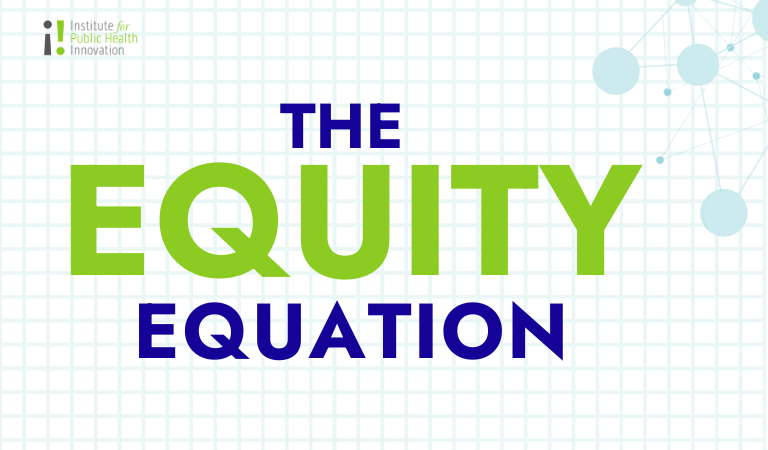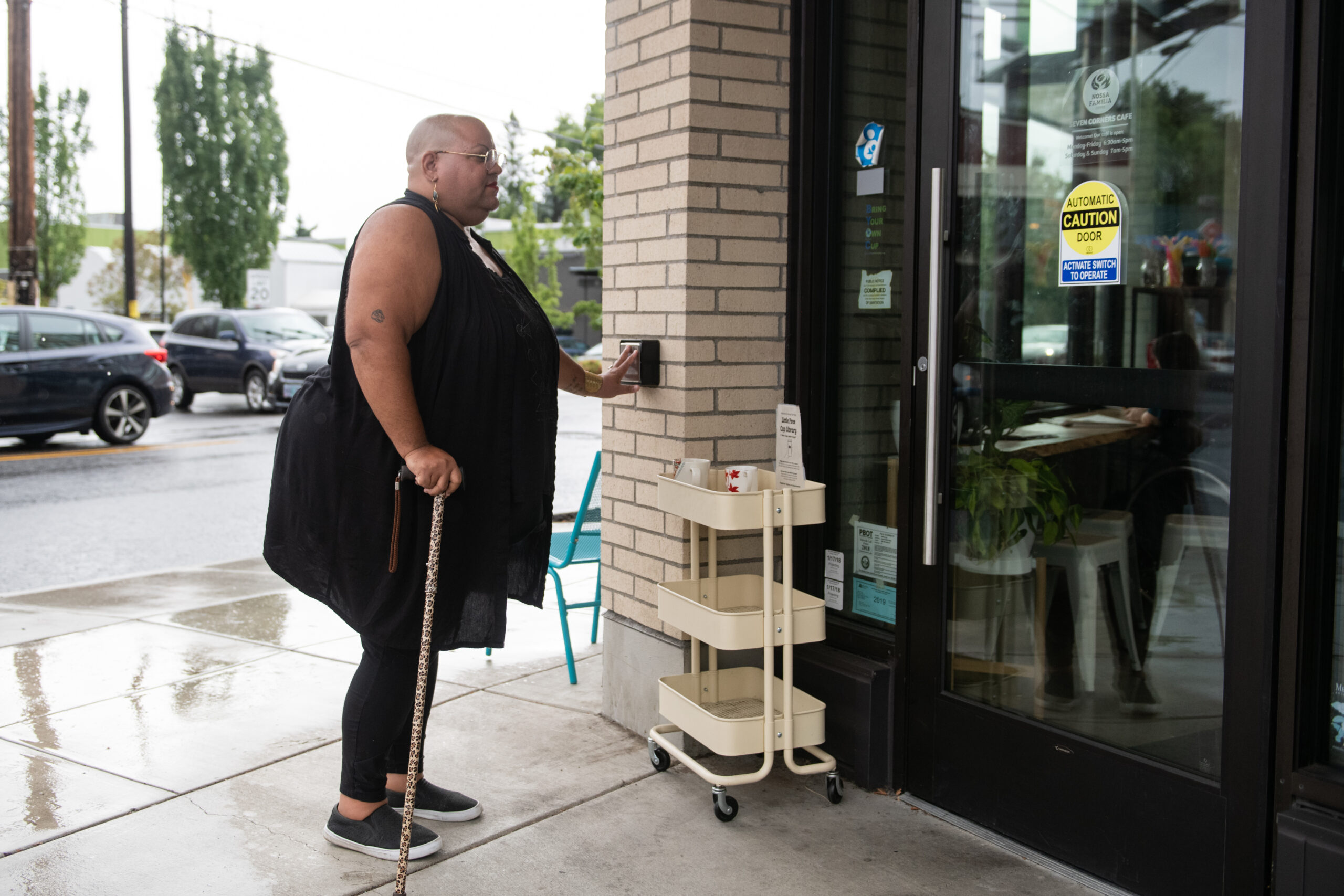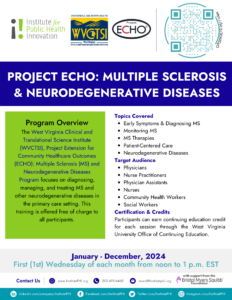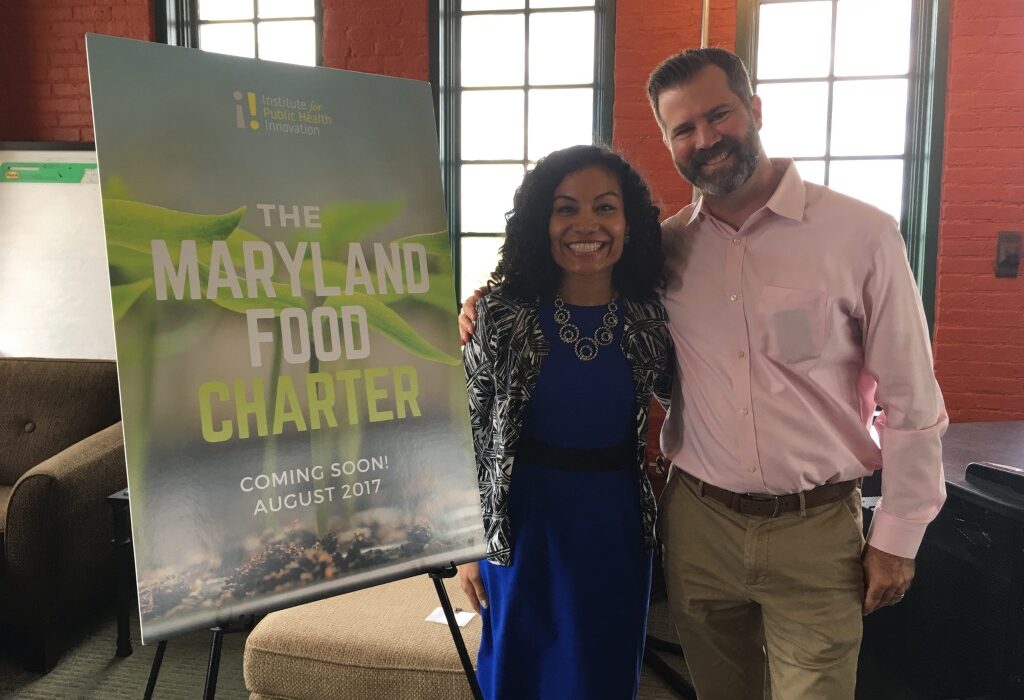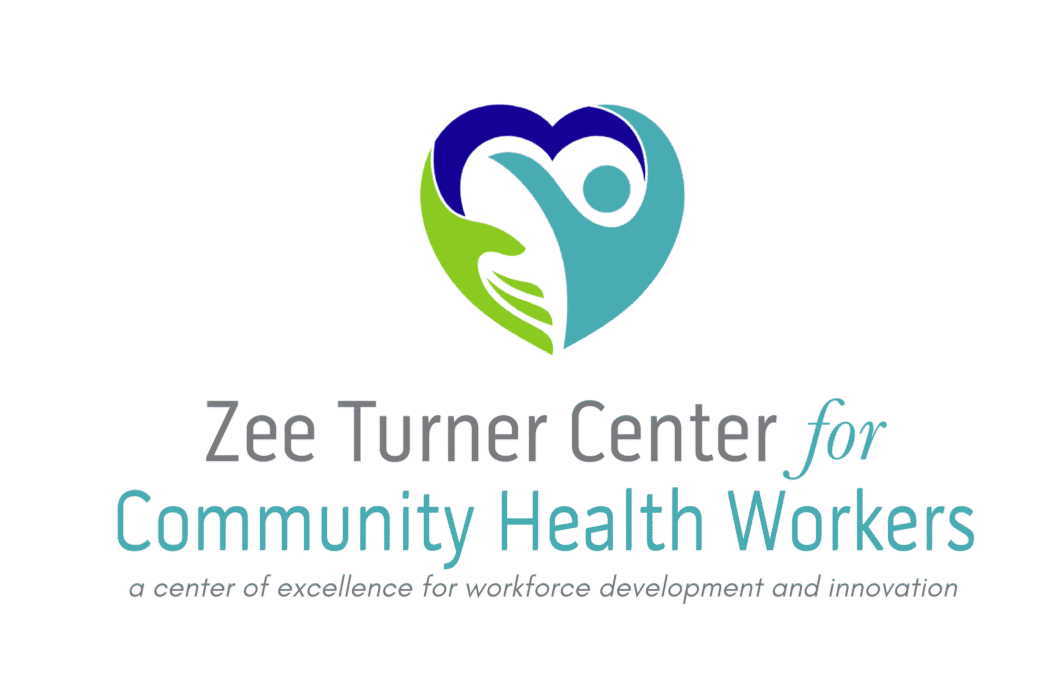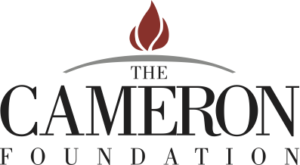Brightpoint Community College Foundation
IPHI is helping to build a regional healthcare workforce partnership in the GoVirginia Region 4, with funding from the Brightpoint Community College Foundation. This important initiative brings together leaders from across different sectors to strengthen the pipeline for high-demand healthcare careers.
IPHI is strengthening healthcare workforce pipelines in GoVirginia Region 4 by partnering with the Brightpoint Community College Foundation to convene key stakeholders and identify strategic opportunities for training, employment, and long-term collaboration.
The GoVirginia Region 4 consists of the cities Colonial Heights, Emporia, Hopewell, Petersburg, and Richmond; and the counties of Charles City, Chesterfield, Dinwiddie, Goochland, Greensville, Hanover, Henrico, New Kent, Powhatan, Prince George, Surry, and Sussex.
By convening stakeholders from education, government, healthcare, and community organizations, our team is identifying the barriers and opportunities within training and employment pathways. This collaborative effort helps local leaders use data, relationships, and strategic insights to:
- Create a clear path for individuals to enter and advance in the healthcare field.
- Open up new opportunities for community members to access well-paying, stable jobs.
- Build lasting relationships and strategies that will sustain the partnership for years to come.
Ultimately, this work is designed to equip local communities with the tools and partnerships needed to meet the growing demand for skilled healthcare professionals, ensuring a healthier and more prosperous future for everyone.
To learn more about IPHI’s work with the Brightpoint Community College Foundation, please contact Joanna Davis at [email protected].







